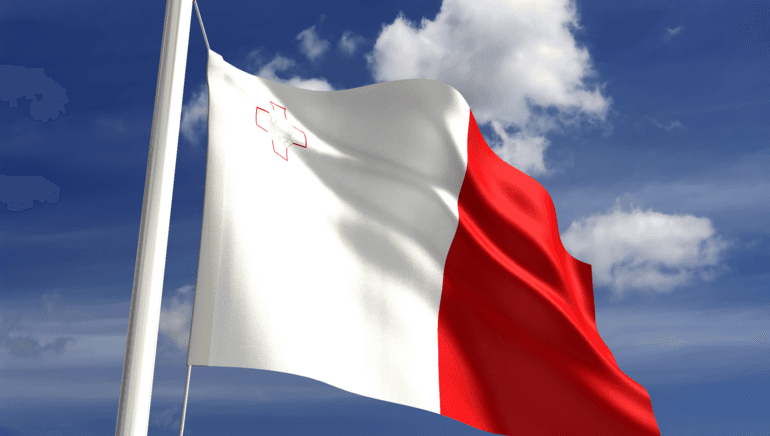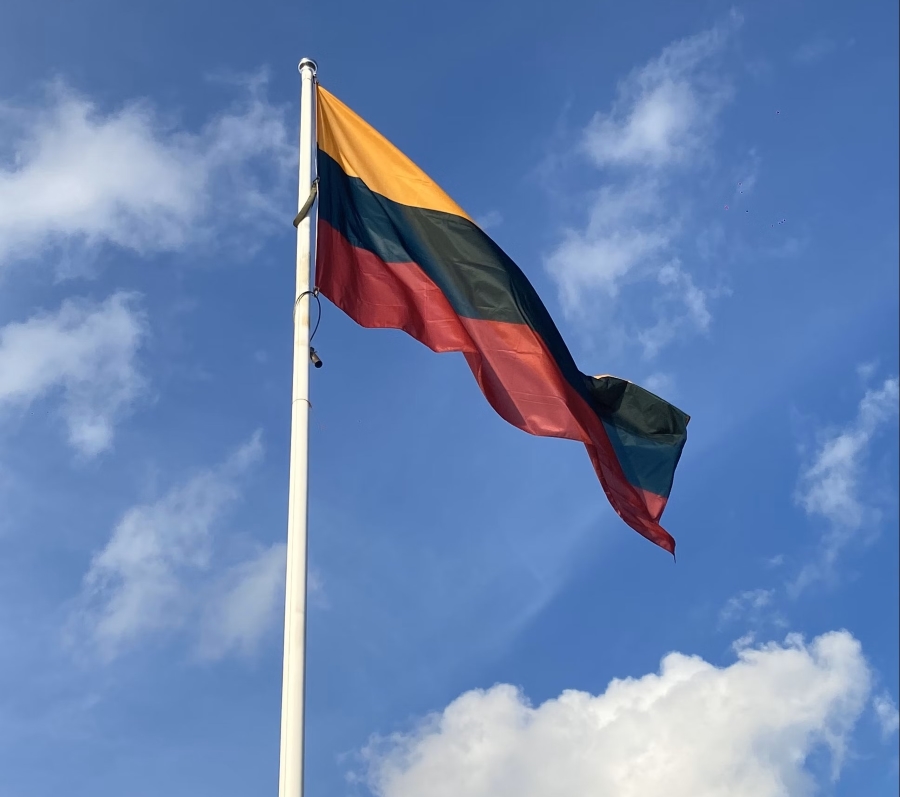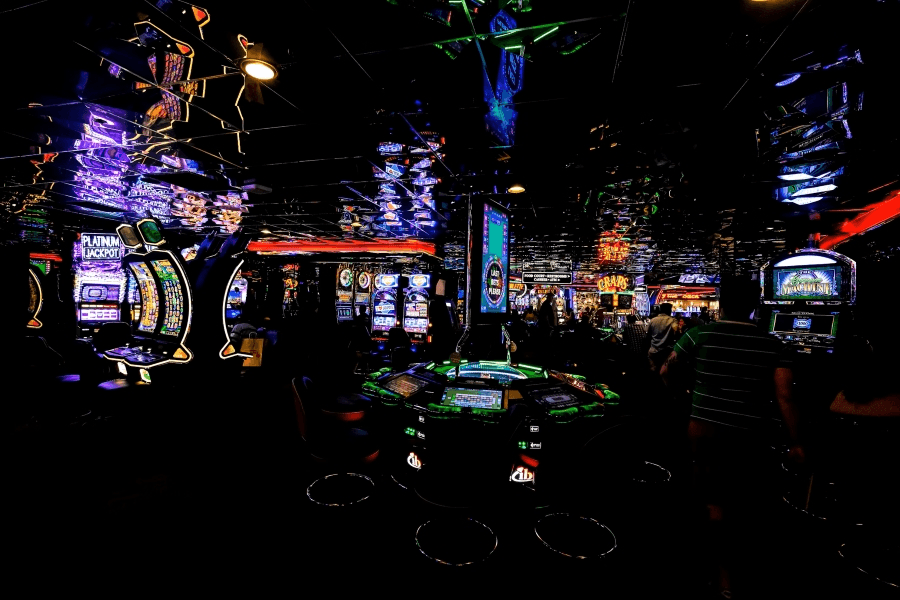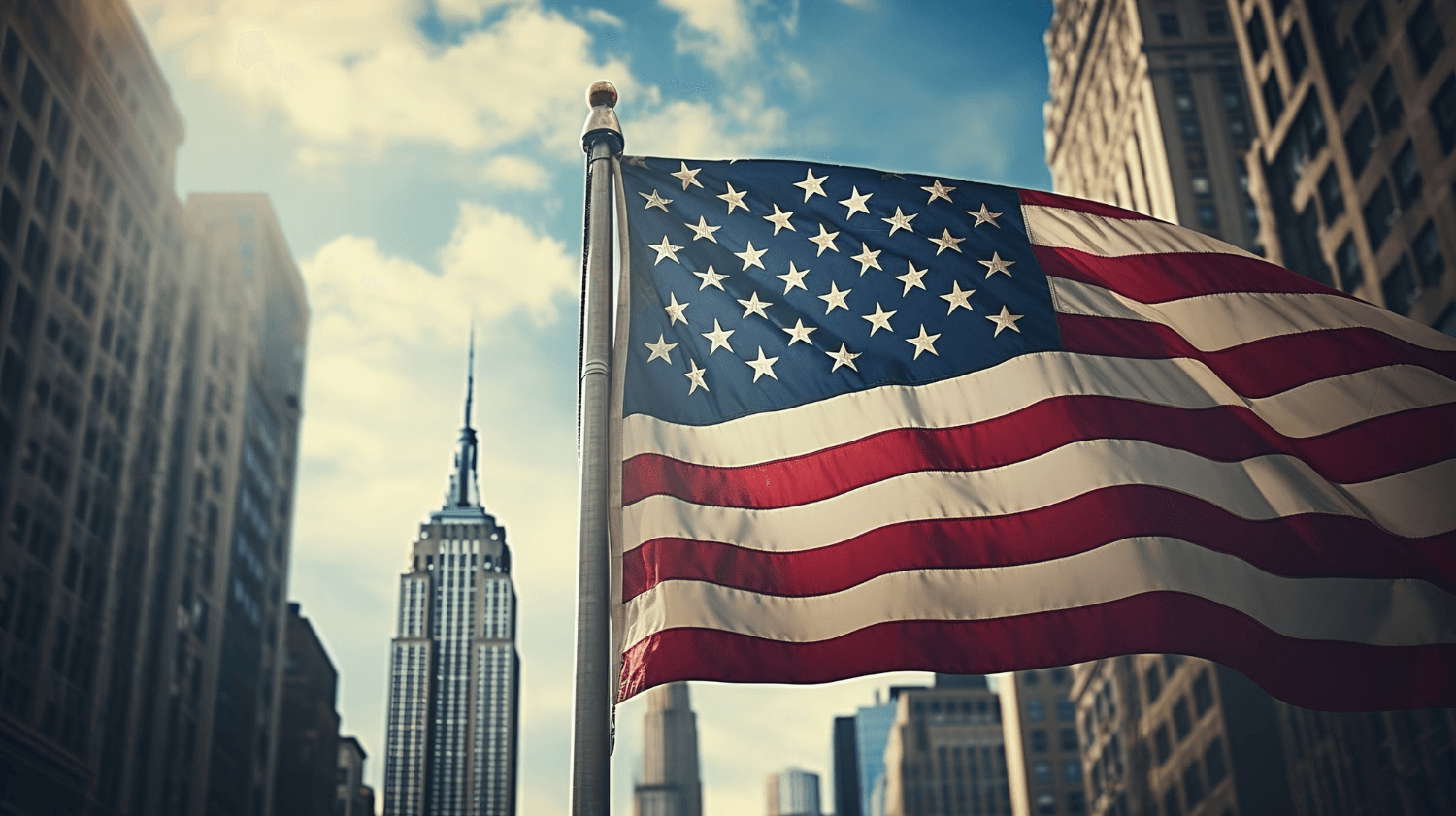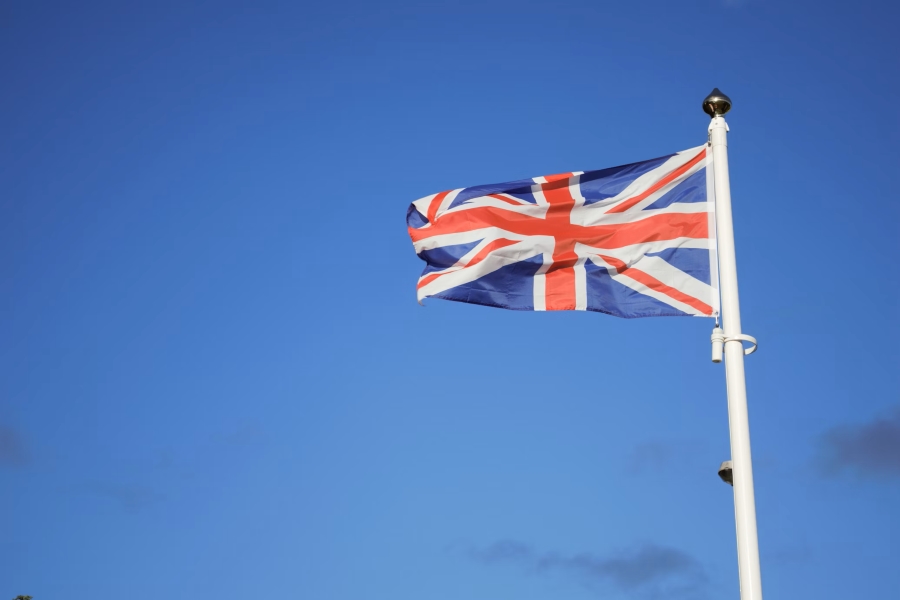Basketball fans love an elite 3-point shooter. NBA fans jump at the chance to watch Steph Curry splash 3-pointers, and college basketball fans have found themselves flocking to the TV screen to watch Iowa’s Caitlin Clark shoot from deep.
It turns out that not only casual basketball fans love watching Clark. Sports bettors find themselves interested in Clark’s elite-level scoring prowess, too.
BetMGM has accepted 2.5 times as many bets on women’s college basketball this year compared to last year, and a Caesars Sportsbook representative told the Associated Press it has seen a 190% increase in bets placed on women’s college basketball this season.
“The growth year on year has been exponential [and] driven by prominent players, like Caitlin Clark, becoming household names and an increase in the number of televised women’s games,” Matt Cosgriff, BetMGM’s director of trading, said in a release.
Sports betting apps like BetMGM and Caesars expect significant interest in this year’s women’s NCAA Tournament because of players like Clark and teams like Iowa, South Carolina, and LSU.
South Carolina is the betting favorite across most sportsbooks, with FanDuel listing the 32-0 Gamecocks at -145 to complete an undefeated season and win it all. LSU, the reigning national champion, and Iowa are both +700. UConn has +1700 odds to win the title, and no other teams have odds shorter than +2000 on FanDuel.
While Clark has dominated headlines for much of the season – for good reason, as she averages 31.9 points per game – South Carolina has been the most complete team all year.
Clark’s deep shooting and entertaining offensive skills make her a joy to watch. Given the plethora of people tuning in to see the Iowa star play, betting operators are leaning into Clark and Iowa props.
DraftKings, for example, lists numerous props related to when Clark might hit her NCAA women’s basketball record 538th 3-pointer. DraftKings lists odds by round for when Clark, who has made 520 3-pointers in her career, might make her 18th 3-pointer in this year’s tournament. The odds are:
Clark averages 5.2 made 3-pointers per contest.
While operators are offering Clark props in states that allow college player prop betting, the NCAA has been pushing states to ban those types of wagers.
In recent years the NCAA seemingly embraces – or at least understands – the entertainment benefit of legal sports betting on college sports. At the same time, the NCAA wants state legislatures to add some restrictions around sports wagering.
The NCAA pushed for states like Maryland, Ohio, and Vermont to ban college player prop betting. The NCAA worries that prop bets can lead to increased harassment of athletes who miss their various points, assists, or rebounds totals.
Some states, like Ohio, have legislation in place that bans bettors from wagering in the state if they’re found harassing players, coaches, or officials. A similar West Virginia bill passed through the state legislature earlier this month, and it’s expected to take effect in the near future.
Given the potential pitfalls of college sports betting, the NCAA launched its “Draw the Line” social media campaign this week, which is designed to educate student-athletes about the potential impacts of sports betting.
“Sports betting is everywhere — especially on college campuses — so it’s critical [that] student-athletes get the real story about how it can impact them and their ability to play,” NCAA President Charlie Baker said in a press release. “We know some bettors are harassing student-athletes and officials, so that’s why we are advocating for policy changes at the state level and launching monitoring tools around championships to refer serious threats to law enforcement. The NCAA is doing more than ever to protect the integrity of the game and arm student-athletes with the truth about sports betting.”
While the NCAA is making an effort to better educate players about sports betting, it’s unclear how successfully the messages are getting through.
Former Alabama baseball head coach Brad Bohannon was fired last spring for passing along insider information to a bettor in Ohio, and he’s since been banned from betting in the state. Several college athletes in Iowa dealt with sports wagering violations last summer, following an investigation that has since been questioned.
A few recent men’s college basketball games, including at least one involving Temple, drew scrutiny for unusual betting activity. The details surrounding the unusual wagering activity have yet to be shared.
As the NCAA tries to embrace sports wagering, it seems college sports have toed the line of going through a significant sports betting scandal.



 2024-03-21
2024-03-21

